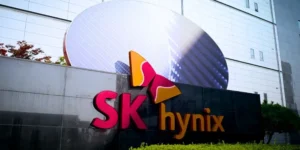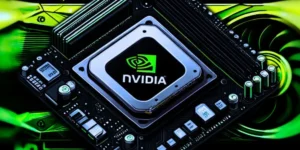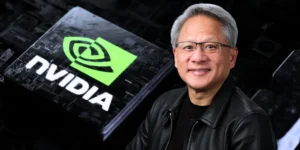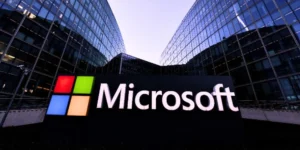Microsoft and OpenAI have announced a non-binding agreement outlining new relationship terms, paving the way for OpenAI’s restructuring into a for-profit entity. This development marks a significant step in the ongoing partnership, one of the most prominent collaborations fueling the current artificial intelligence boom, particularly surrounding ChatGPT.
While specifics of the commercial agreement remain undisclosed, both companies confirmed they are working towards a final, definitive agreement. This marks a culmination of extended negotiations, with OpenAI aiming to secure further capital under a more traditional corporate structure, ultimately leading to a potential initial public offering (IPO).
Microsoft’s substantial investment in OpenAI, totaling $11 billion since 2019, has been a cornerstone of the partnership. Previous agreements granted Microsoft exclusive rights to distribute OpenAI’s software via Azure and prioritized access to its technology. However, OpenAI’s growth has led to a diversification of its cloud computing partnerships, including agreements with Oracle and Google.
The evolving partnership addresses OpenAI’s ambition to adopt a more conventional corporate structure and expand its cloud partnerships to meet the escalating demand for its AI capabilities. Simultaneously, Microsoft seeks to maintain access to OpenAI’s technology, even if OpenAI’s models reach human-level intelligence. This threshold would trigger the termination of the current partnership under its existing terms and conditions.
OpenAI’s transition includes a significant financial aspect. A memo from Bret Taylor, chairman of OpenAI’s nonprofit board, revealed that its nonprofit arm will receive over $100 billion—approximately 20% of its $500 billion private market valuation—should the restructuring be completed. The exact extent of Microsoft’s ownership and continued exclusive access to OpenAI’s technology remains unannounced. Regulatory approval in California and Delaware is still pending; OpenAI aims to finalize the conversion by year-end to avoid potential funding losses.
It’s important to note the competitive landscape. Both companies are active in the AI market, offering competing products, and Microsoft is actively developing its own AI models to reduce its reliance on OpenAI’s technology.
Sponsored by: Free Image Converter image-converter.cgolly.com










